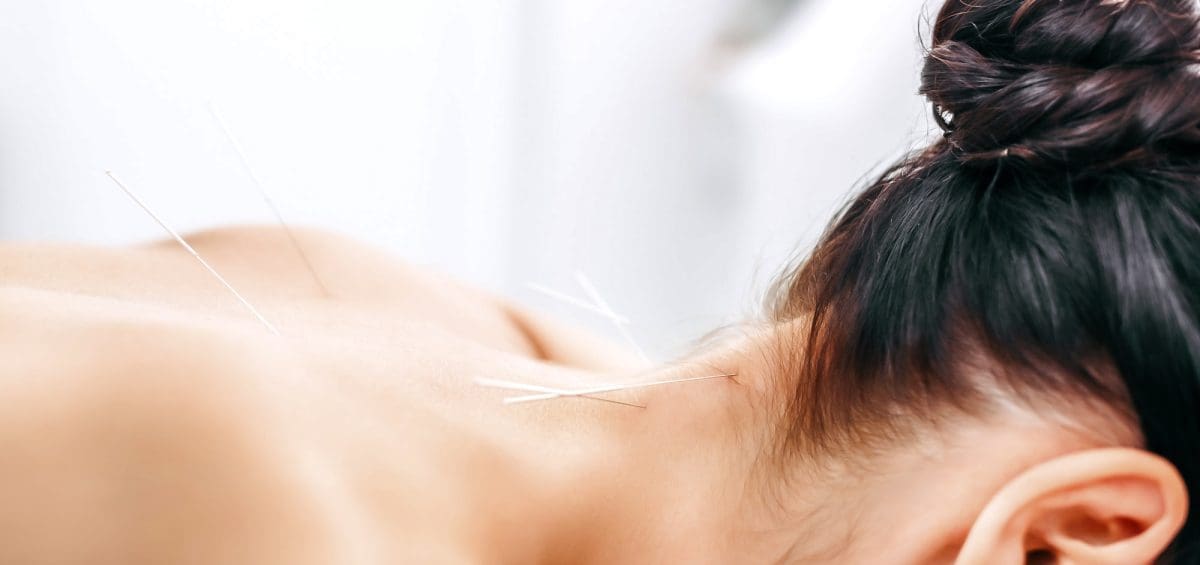Suffer from seasonal allergies? You’re not alone. Tens of millions of Americans experience allergies in the springtime. Louisville is consistently home to some of the highest rates of seasonal allergies in the nation, thanks to its high pollen counts, humidity levels, rainfall, geographic location, and other factors. In fact, Louisville’s pollen counts are almost always ranked medium or high, thanks to the near-constant presence of tree pollen or grass pollen.
If you have pesky allergies in the springtime, forget about waiting them out or trying to take over-the-counter medications. Try acupuncture! Acupuncture is able to rebalance your immune system, reduce symptoms of allergies such as runny nose, sneezing, and headaches, and reduce overall inflammation throughout the body. Working in conjunction with other forms of holistic medicine, acupuncture is a safe and effective option to provide long-term relief from seasonal allergies.
What Are The Most Common Spring Allergies?
In the springtime, major allergy triggers come in two waves: tree pollen and grass pollen.
In February, trees start to release tiny, powdery pollen into the air. This pollen is near-invisible and can be carried long distances in the wind. Trees that release a lot of pollen include alder, ash, aspen, beech, box elder, cedar, cottonwood, cypress, elm, hickory, juniper, maple, mulberry, oak, olive, palm, pine, poplar, sycamore, and willow. Having any of these trees in your yard or immediate vicinity can expose you to far-higher levels of pollen than average.
If you live in a city, you may be exposed to even more tree pollen than expected. Why? For years, urban planners have given preference to planting “male” instead of “female” trees to reduce the amount of seed pods and “messy” fruit on the sidewalk. However, male trees release far more pollen than females. The result? High-pollen counts in urban environments.
In March, April and May, the second wave of seasonal allergies begins: grass pollen. There are many different types of grass and weeds that release microscopic pollen into the air, blowing far on windy spring days. Grass pollen is one of the most common allergens in the world. What’s worse, it grows almost everywhere. It’s inescapable.
So, How Does Acupuncture for Spring Allergies Work?
Pollen may be harmless, but when you inhale it, your body sees it as a threat. This triggers an immune response in the form of histamines and inflammation: runny nose, stuffiness, sneezing, swelling, skin reactions, asthma, and whatever symptoms you experience.
That’s where acupuncture comes in. Acupuncture is proven to reduce inflammation throughout the body, inhibiting “cytokine storms” that are present in many chronic conditions, from allergies to Covid-19 to cancer. By stimulating and regulating the body’s circulation, neuron activity, and immune response, acupuncture is able to eliminate the root cause of many people’s seasonal allergies.
The trick for reducing seasonal allergies with acupuncture? Acting early. The sooner you start treatment, the better you can build-up your immune response and ability to handle allergens. A series of acupuncture treatments are usually required to provide long-term relief. This year, get a head start by building up your immunity before allergy season even starts!
If you are seeking acupuncture for a women’s health issue in the Louisville, Kentucky-area, the experienced team at River City Wellness is here for you. Offering authentic, compassionate service is our greatest priority. We treat a broad range of women’s health issues through various modalities including: acupuncture, herbal therapy, moxabustion, cupping, and more. You can schedule an appointment online or give us a call at 502-822-0626 for info.


